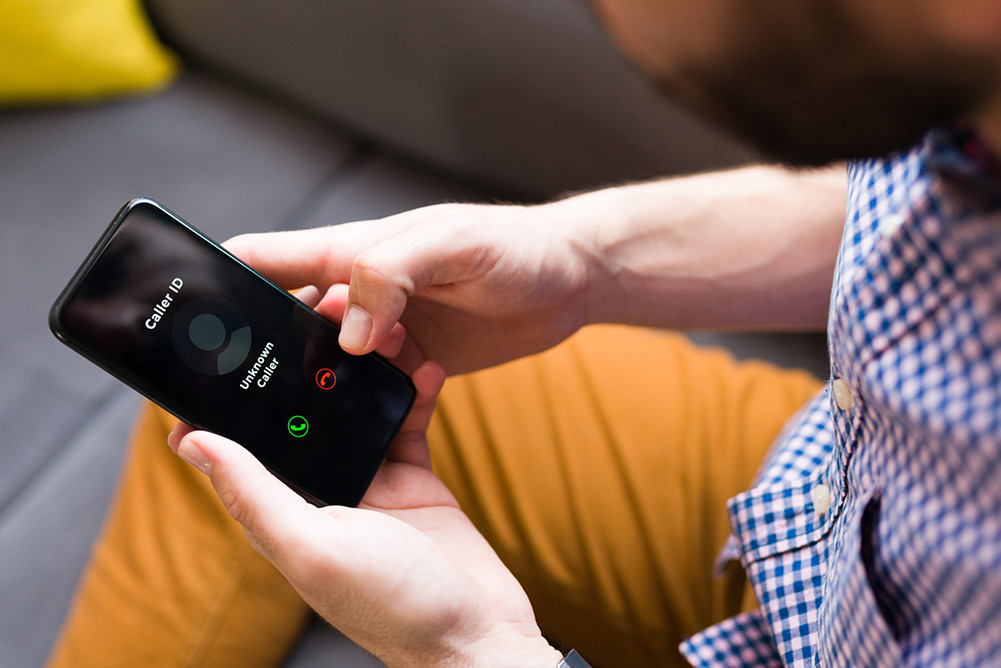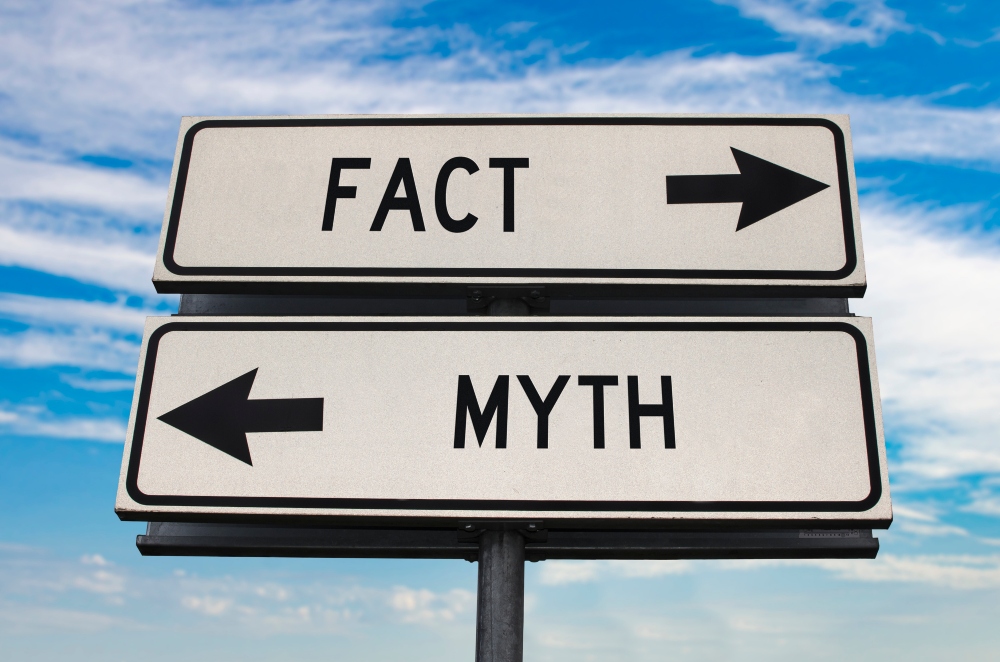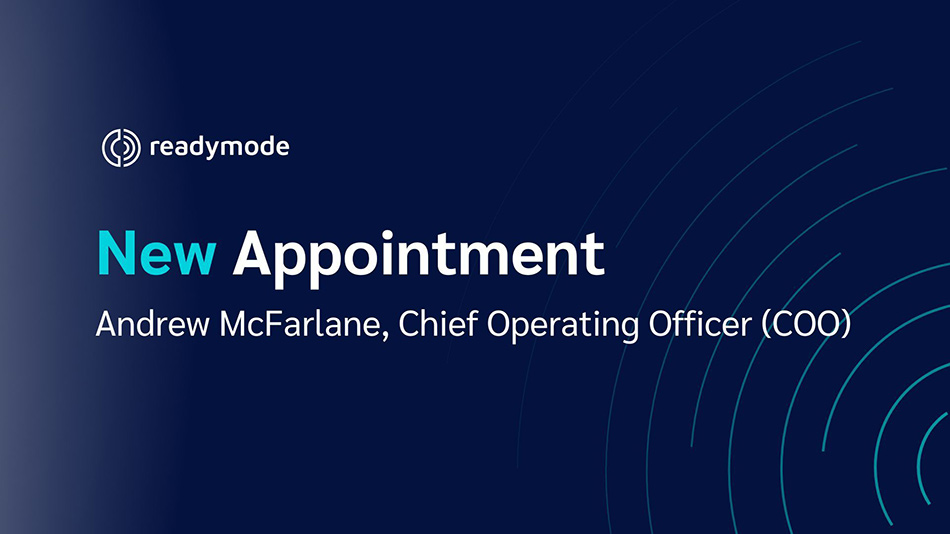It is no secret that call centers face some of the strictest regulations of any industry.
But with some careful attention to the rules of the road, there are still many safe paths to communicating with your target audience.
This blog post addresses some frequently asked questions about the acronym soup of call center compliance: the DNC and TCPA.
What is the DNC?
Short Answer
The DNC restricts sales calls and texts you can make to residential phone numbers that are registered on the National DNC (Do Not Call) Registry, also known as the Do Not Call List.
Long Answer
Congress directed the Federal Communications Commission (FCC) to consider creating a national DNC Registry when it passed the Telephone Consumer Protection Act of 1991 (the TCPA).
When the FCC first addressed Congress’s new law in 1992, it only imposed rules requiring telemarketers to honor seller-specific (or internal) do-not-call requests that it received. But, it chose not to establish a National DNC Registry that would prohibit you from making sales calls to strangers in the first place.
When those rules didn’t stem the tide of unwanted sales calls, Congress passed a new law in 2003 that directed the Federal Trade Commission (FTC) to establish and maintain a National DNC Registry.
Now, Americans can add their residential telephone numbers to the online National DNC Registry. Unhelpfully, once a number is registered there, it typically does not come off even when it is no longer eligible for the DNC rule’s protections, such as when the formerly residential number is reassigned to a business user of that number.
In that same 2003 law, Congress told the FCC to issue new rules regarding compliance with the DNC Registry. So both the FTC and FCC have certain jurisdiction over this area.
Who has to use the National DNC Registry?

Short Answer
Telemarketers who make cold sales calls or texts to residential phones/cell phones registered on the National DNC list.
Long Answer
The FCC’s DNC rules apply to “telephone solicitation” calls and texts to residential phone numbers on the National DNC Registry. A telephone solicitation call is one that encourages the called party’s “purchase or rental of, or investment in, property, goods, or services” marketed through the campaign. Note: The “called party” is simply the person being called.
We cover telephone solicitations in greater detail here. And for a seemingly bizarre interpretation of “purchase,” see this post on buying real estate for those who read “purchase” to include its antonym: calls made to buy from the called party.
By definition, it is not a telephone solicitation if you are calling someone who already gave you permission to call, or if you have an “established business relationship” with the called party.
An established business relationship is someone who has made an inquiry to you in the last 3 months, or with whom you’ve had a transaction in the past 18 months.
So there are a host of reasons why you may not have to access the DNC Registry. For example:
- You’re not making sales calls (e.g., debt collection, charitable solicitation, market research, or employment offer calls).
- You only call businesses (i.e., you’re not calling residential numbers).
- You only make your sales calls to residential phone number users who have given you consent or permission, or with whom you have an established business relationship.
How do you access the National DNC Registry?
Telemarketers (or the sellers who hire telemarketers to call on their behalf) secure a Subscription Account Number (SAN) from the FTC. With your SAN, you then subscribe to the DNC Registry based on which area codes you will be calling. The first five area codes are free, and then fees begin to accrue for broader subscriptions.
With your SAN, you can scrub your calling lists directly or via several third-party vendors. For one-stop DNC compliance, Readymode™ has integrations with some of the country’s largest DNC scrubbing vendors—who also offer adjacent services, such as litigator and wireless-number scrubbing.
So, what is the TCPA?
Again, the DNC Rules are part of the TCPA, a federal law that Congress passed in 1991. The TCPA has two main sections, which we discuss in more detail in our post about the two pillars of TCPA compliance.
We’ve already outlined above the second part of the TCPA: the DNC, or 47 USC § 227(c). The FCC’s implementing regulations then expand on the TCPA’s DNC rules, and require, among other things, maintenance of internal DNC policies, name disclosure requirements, and time-of-day calling restrictions.
The FCC’s TCPA regulations are available at 47 C.F.R. § 64.1200. If you make more than one DNC-rule-violating call or text to someone on the National DNC Registry in a 12-month period, they can sue for those violations (for which statutory damages of $500–1500 per call or text are available).
The other pillar of the TCPA regulates how you make certain types of calls. Section 227(b) of the TCPA governs three types of calling technology: autodialer calls, and calls made with prerecorded or artificial voice.
How does Readymode™ maintain DNC & TCPA compliance?
As we previously discussed about the TCPA’s autodialer restrictions, technically Readymode’s platform really can’t be fairly characterized as an autodialer under the TCPA, as the Supreme Court has interpreted that term.
In brief, our system can’t dial any number you don’t give us to dial. We simply can’t and don’t generate or supply any numbers for you to call. And very few Readymode users use our platform to make prerecorded/artificial voice calls; and those who do go through additional screening to assess the additional compliance issues.
Like the DNC rules, callers who violate Section 227(b) can be sued by called parties (or government bodies) for those statutory damages of $500–1500 per call or text. So careful attention to the rules is wise.
As always, this article is only offered for informational purposes, not as legal advice. Please always consult a qualified attorney to address your compliance needs.
Joe Bowser
Joe Bowser is a partner at Roth Jackson. He has been practicing communications and marketing law for two decades. He advises and defends calling and SMS platform providers (like Readymode), carriers/VoIP providers, and heavy users of those services in their wide range of compliance needs. In his spare time, you can find him taking his boys to their sports, getting in a workout of his own, or catching an Arsenal match.







